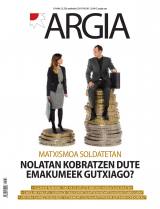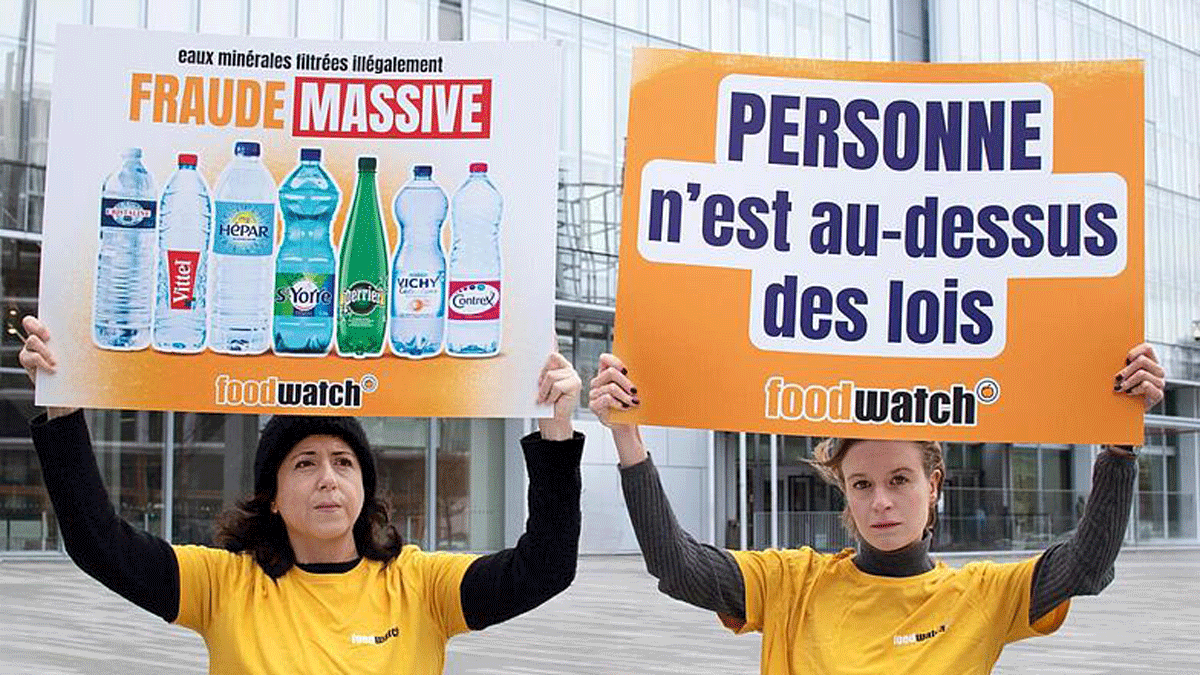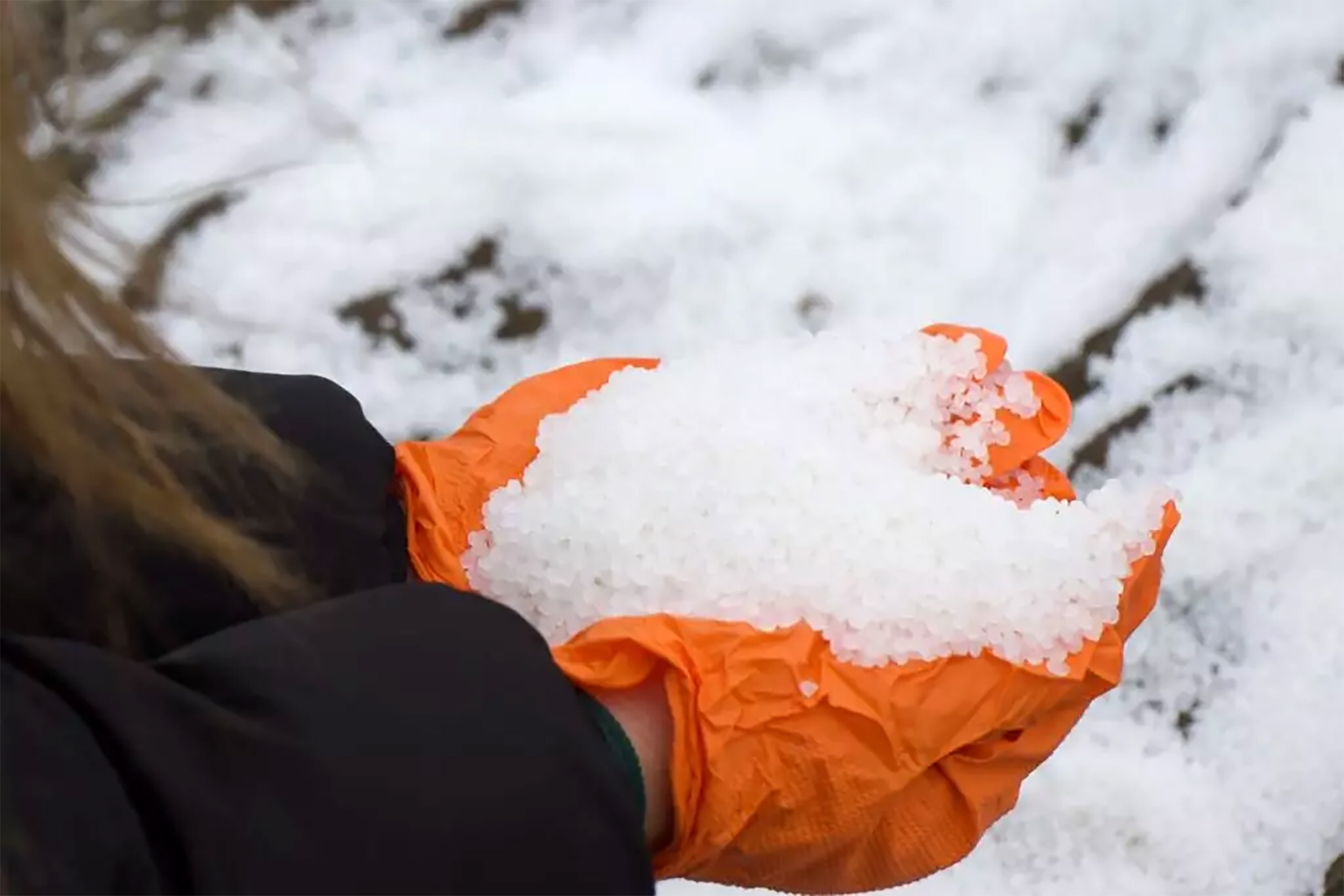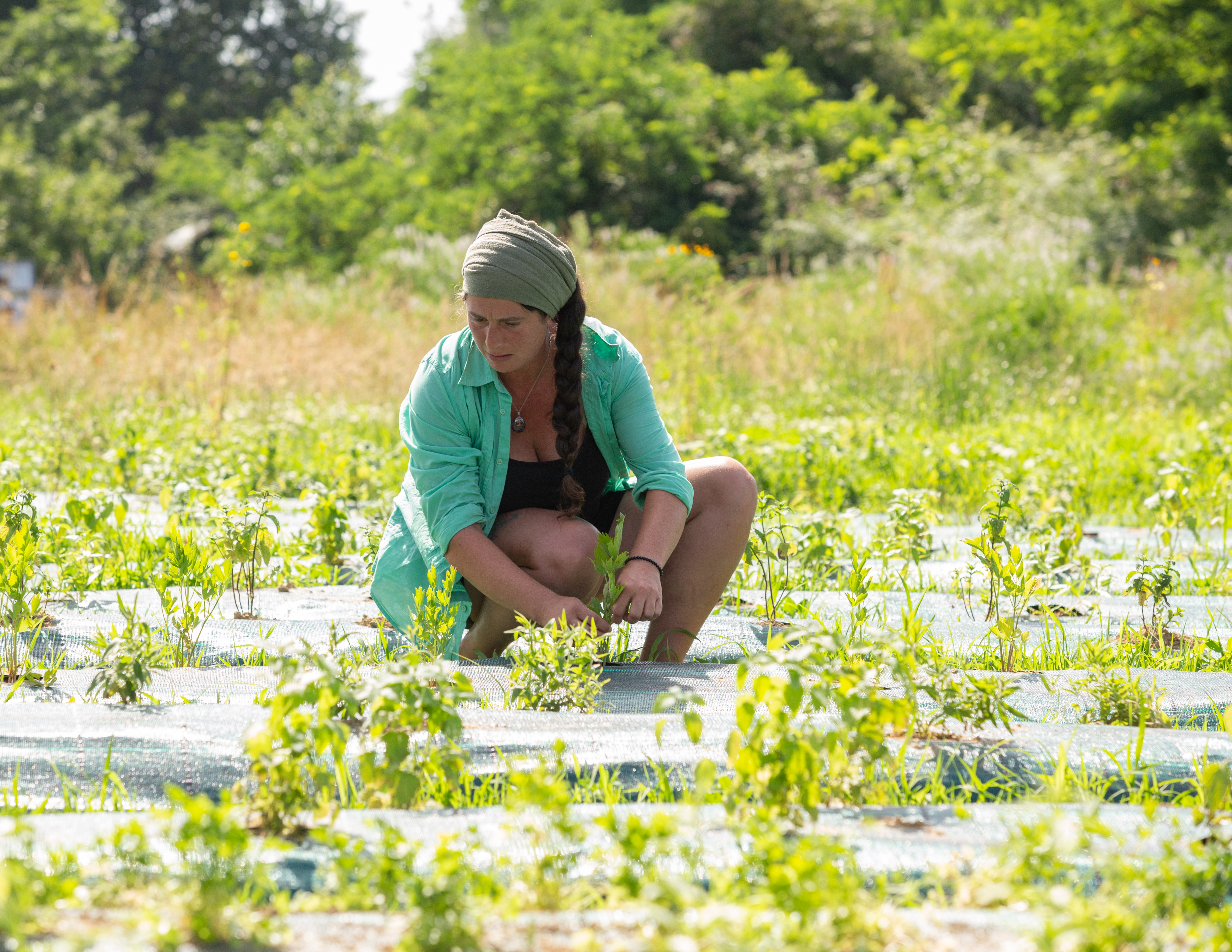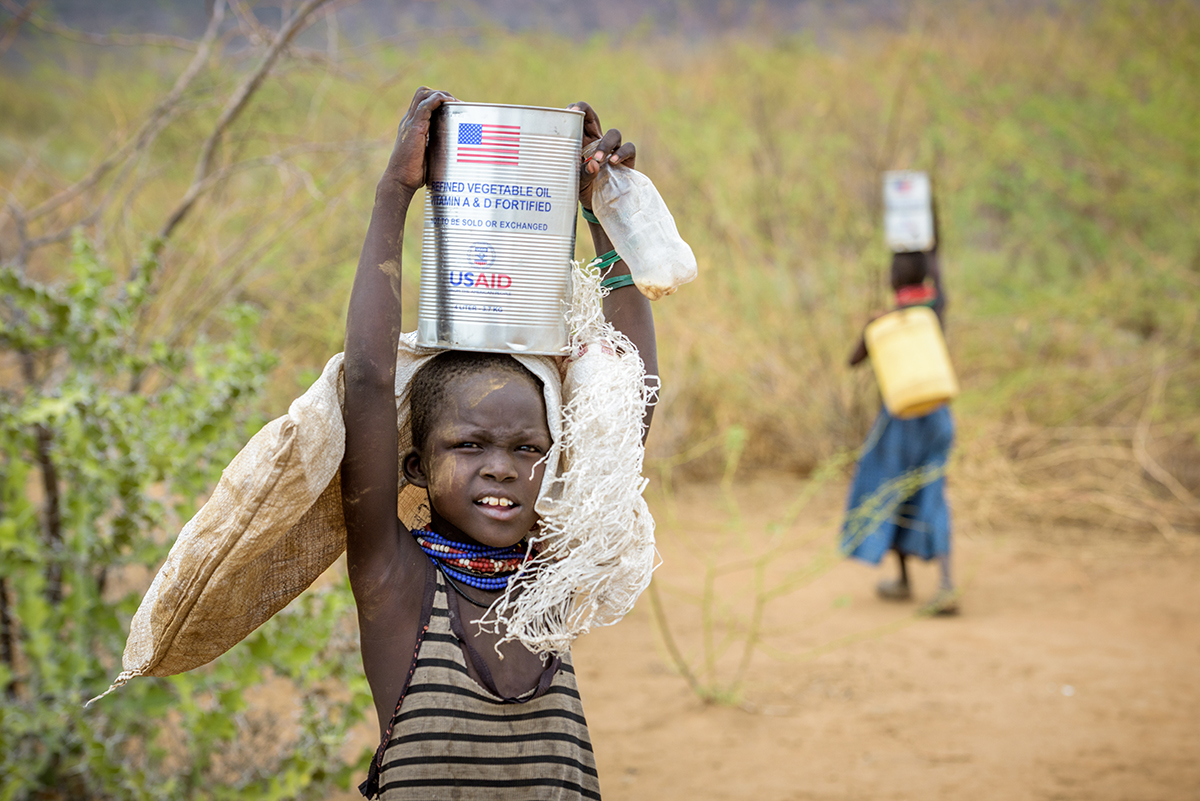Expert Yasmine Motarjemi Faces All-Powerful Nestlé
- Yasmine Motarjemi continues to fight Nestlé, the world’s first food multinational. Despite the fact that in the last six years he has been persecuted since he was director of food security of the company, he was left without work and has been discredited as a technician, Motarjemi does not want to give in to the impunity of the corporation, does not accept to avoid new food infections without sanctions.

They are called “lanceur d’alerte” in French, “allergist” in Spanish, “whisteblower” in English... suppose that one day it will be decided in Euskera to baptize baptizing alerts to people, groups or entities that call the alarm in the face of a danger or a scandal, which will affect normative change, debate or collective mobilization. In most cases, this is a subject generously placed in the hands of official institutions, associations or media, sometimes against the opinion of their own hierarchy, understanding that they have discovered things that threaten the human being, the economy, society or the environment.
The web Le Mur des Insoumis [Wall of Insoumis], which is defined as a means of alerts, has just interviewed Yasmine Motarjemi to explain his case to the public: “Contaminated milk: Nobody has asked Nestlé what he has done to ensure that the problem does not happen again.”
Motarjemi has been fighting Nestlé’s central leadership in Switzerland for over six years for the persecution he suffered when he was director of food security in the Swiss country. It has not accepted the compensation offered in return for leaving the company and silencing it so that the problems of human pollution caused by the multinational are not left unresolved and unresolved.
Yasmine Motarjemi was hired by the World Health Organization (WHO) in 1990 to work in food safety as a well-known scientist. The WHO appointed him to be responsible for monitoring toxic food infections, i.e. for monitoring poisonings that food may suffer from both microbe and chemical substances. It advised global governments on food security issues and also monitored corporate safety programmes.
Responsible for the WHO, he collaborated with Nestlé through the Non-Governmental Industrial Council for Development. Subsequently, in 2000, Nestlé offered him the food safety directorate.
When he entered the company, he realized that in Nestlé everything was going well in terms of knowledge, all the documentation was carried out by the C.O.C. I had nothing to add. On the contrary, the implementation of security plans began to lead to deficiencies, deficiencies in personnel supply procedures in one factory, failures in another... For example, in the case of vitamins and regulated quantities of other ingredients for children's food, there were gaps from the question of how they were demonstrated in production. “One told me that ‘we didn’t test it twenty years ago’, etc., and I couldn’t sign the controls my work required.”
He soon realized that his job was to bring about the necessary changes in the company’s production processes, which was forcing him to withdraw his responsibilities. The first serious problems started in 2002.
In that year two children were drowning in France trying to devour P’tits Biscuits. That year, however, 30 more children were in the world with these biscuits. “I immediately asked that the age of eating these cookies be increased, because you can’t start killing the kids to start setting up controls, that and more we have to ask a company like Nestlé.”
Although the top chiefs initially took the recommendations into account, Motarjemi was complicated by the problem when Nestlé’s Director of Food Safety in France, which during all these years was authorising suspicious products, was transferred and placed in Switzerland as the head of Motarjemi. Then the retaliation started, which he has denounced in court as professional harassment.
Or shut up or suffer punishment
Motarjemi had warned of Nestlé’s lack of control of children’s products in vitamin and mineral doses. However, the factory heads of production did not want to take these observations into account and renew the calculations, arguing that the minimum and maximum levels of both had been established for some time.
He managed to form a working team to deal with the problem, but without results. What happened in China in 2005 showed that Motarjemi had not denounced weak issues: Nestlé was forced to withdraw whole quantities of powdered milk from its shops because of the excess of iodine. Nestlé’s bosses did not learn anything about what happened. In 2006 Roland Stalder was named new quality manager of the company, according to Motarjemi, “a man who disregards the standards of health institutions such as the WHO”.
It has been seen that more security crises were taking place. In 2005, Nestlé-Purina fed feed contaminated with aflatoxin and dogs died at the hands of cats. In 2008 there was an incident with sunflower oil from Ukraine, due to counterfeiting and contamination with mineral oils. In 2010, Nestlé fired a star scientist asking for controls to be tightened to prevent it and dissolved his team with the following painful argument: “Food security is a very important thing for us to forgive anyone’s mistakes. That’s why the time has come to dismiss Yasmine Motarjemi.”
From the distance of time, says Motarjemi: “Citizens leave large companies like Nestlé completely free, so they have total impunity. (...) Everyone who reports the problems, like me, is persecuted immediately. And if with the strategy of pursuing they are not able to destroy the person, then they throw him out in the street, with the difficulties to find a new job. Today [60 years old] I’m not working to earn my life, but to raise people’s awareness and make them understand what’s going on.”
Nestlé does not seem to have changed the main problem, and it is the company’s audit that controls the food safety of the company. “In the end, when people start to get sick, you know that a product is contaminated with toxic substances and then you will be told ‘Let me know the authorities of the country’. But prevention isn’t that people wait for me to get sick to change things.”
In 2008, 300,000 Chinese children were affected by melamine-contaminated milk by Nestlé and other companies. Previously, in 2007, many cats and dogs were made up of melamine-contaminated feed in the United States. 77 people were infected in 2009 with lethal bacteria in the United States, and two years later 60 people died in Germany from the same contamination.
Nestlé guessed how to impede the investigation of justice: “They can say the greatest barity with peace of mind, because they know that they are untouchable, that they can buy justice, and that they can block and lengthen a matter like mine as much as they want. They feel they're above the law."
Ur kontaminatua ur mineral eta ur natural gisa saltzen aritu dira urte luzeetan Nestlé eta Sources Alma multinazional frantsesak. Legez kanpoko filtrazioak, iturburuko ura txorrotakoarekin nahasi izana... kontsumitzaileen osagarria bigarren mailan jarri eta bere interes... [+]
2016ko hasieratik bosgarren aldiz, Europako Batzordeak ez du lortu EBko estatu kideen gehiengoa glifosato herbizidari baimena luzatzearen alde agertzea. Indarrean dagoen baimena aurtengo abenduaren 31n iraungiko da, eta beste hamar urterako berritu nahi du Batzordeak,... [+]









